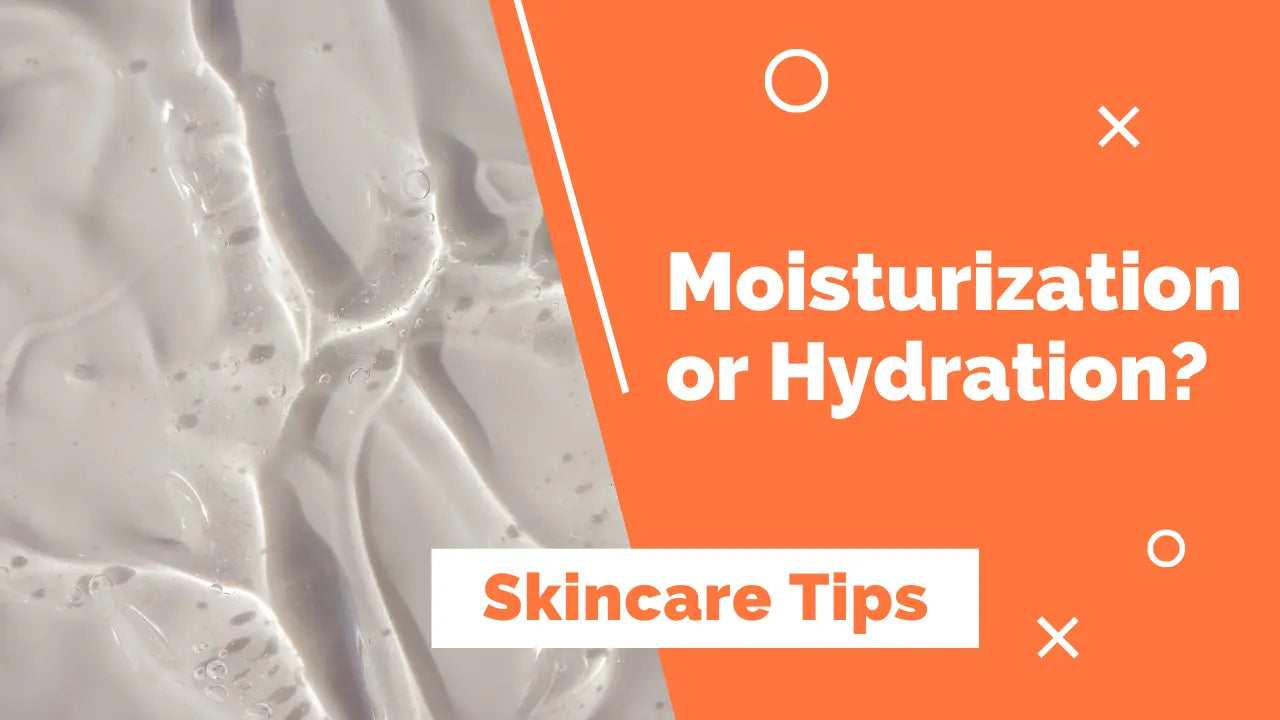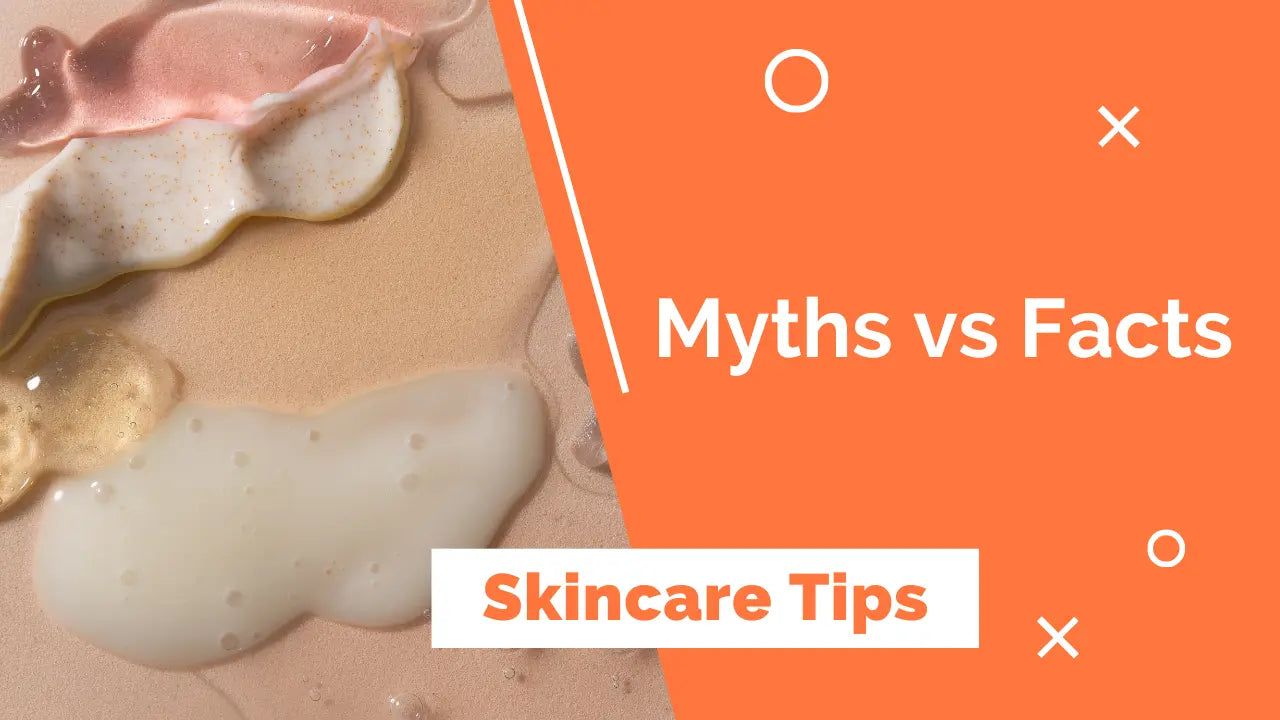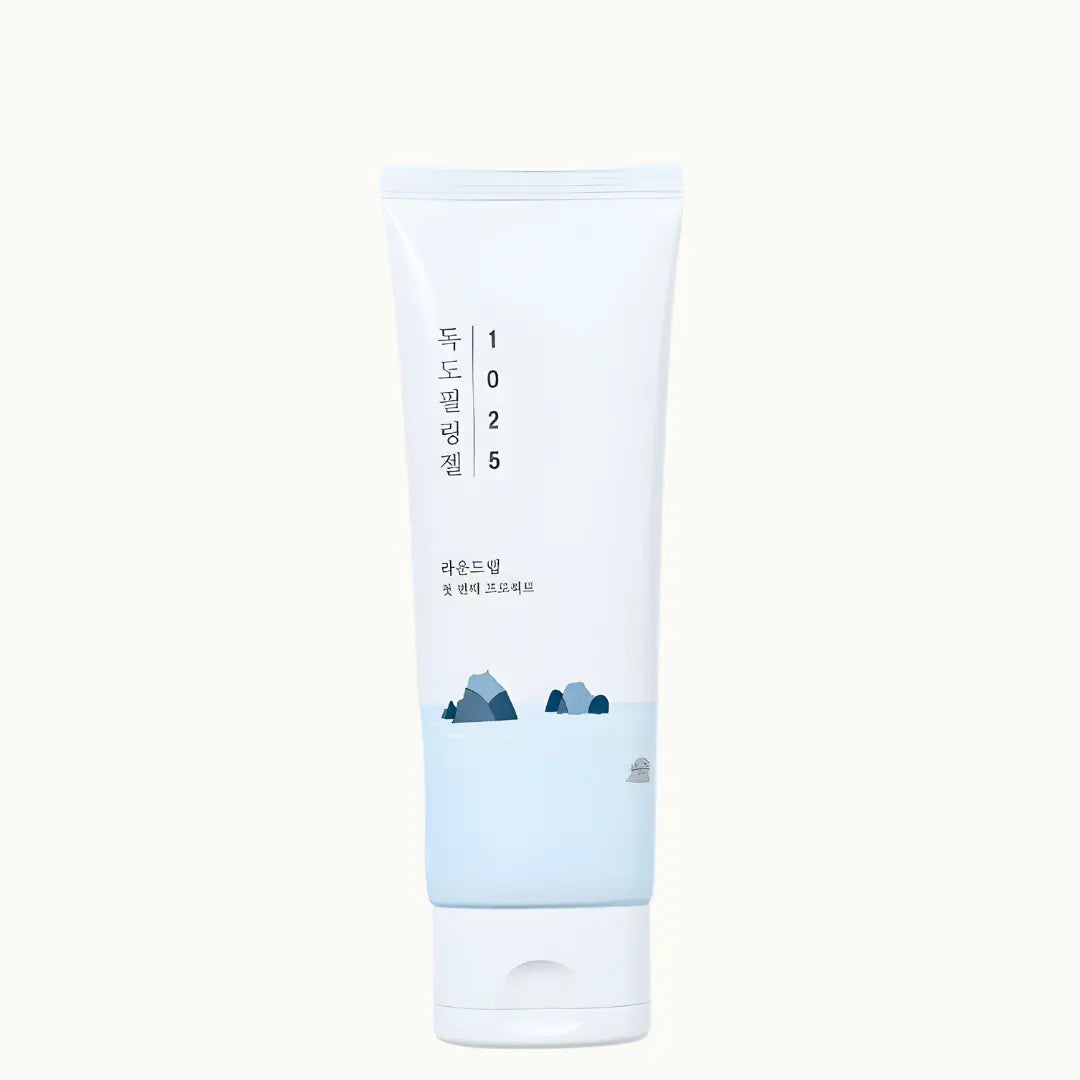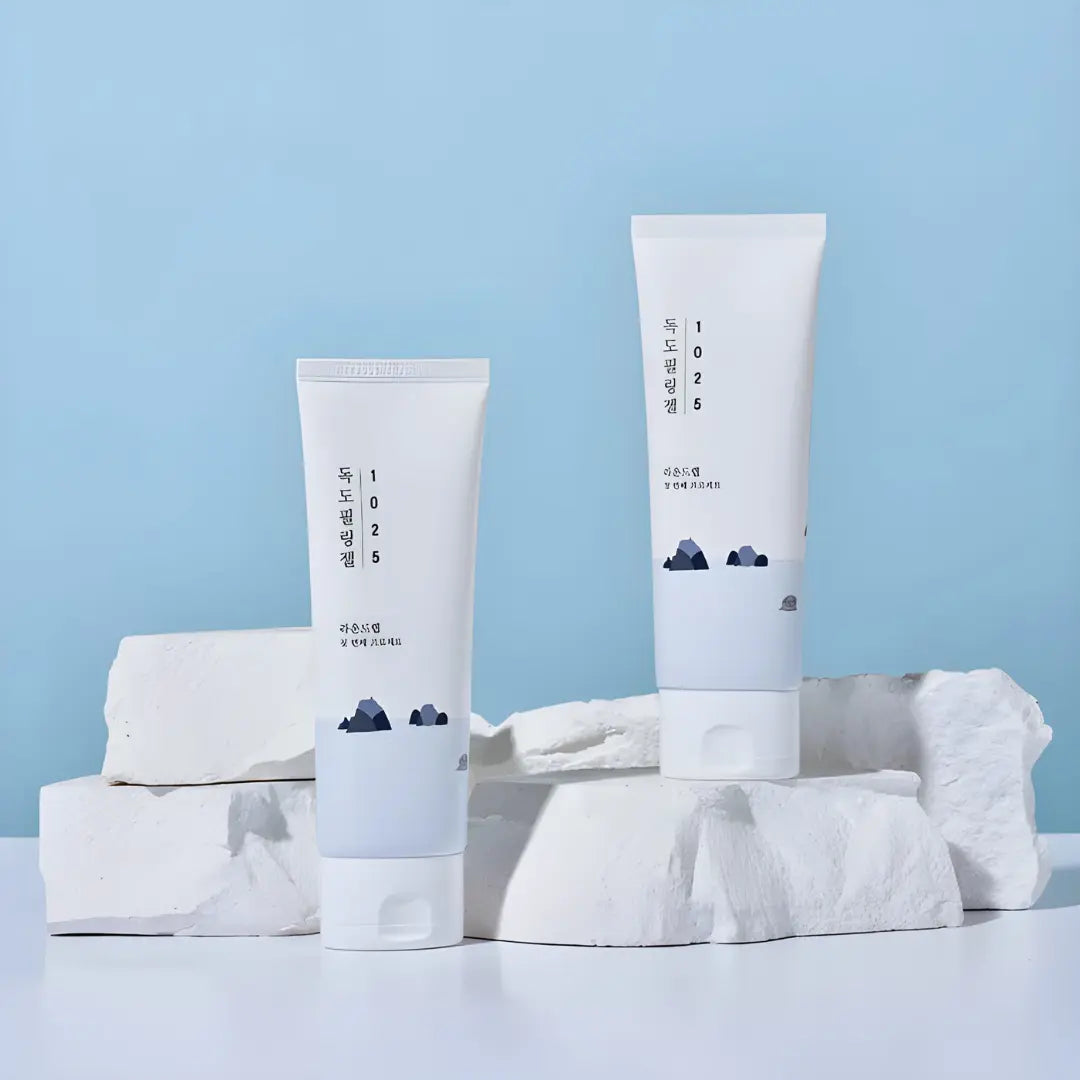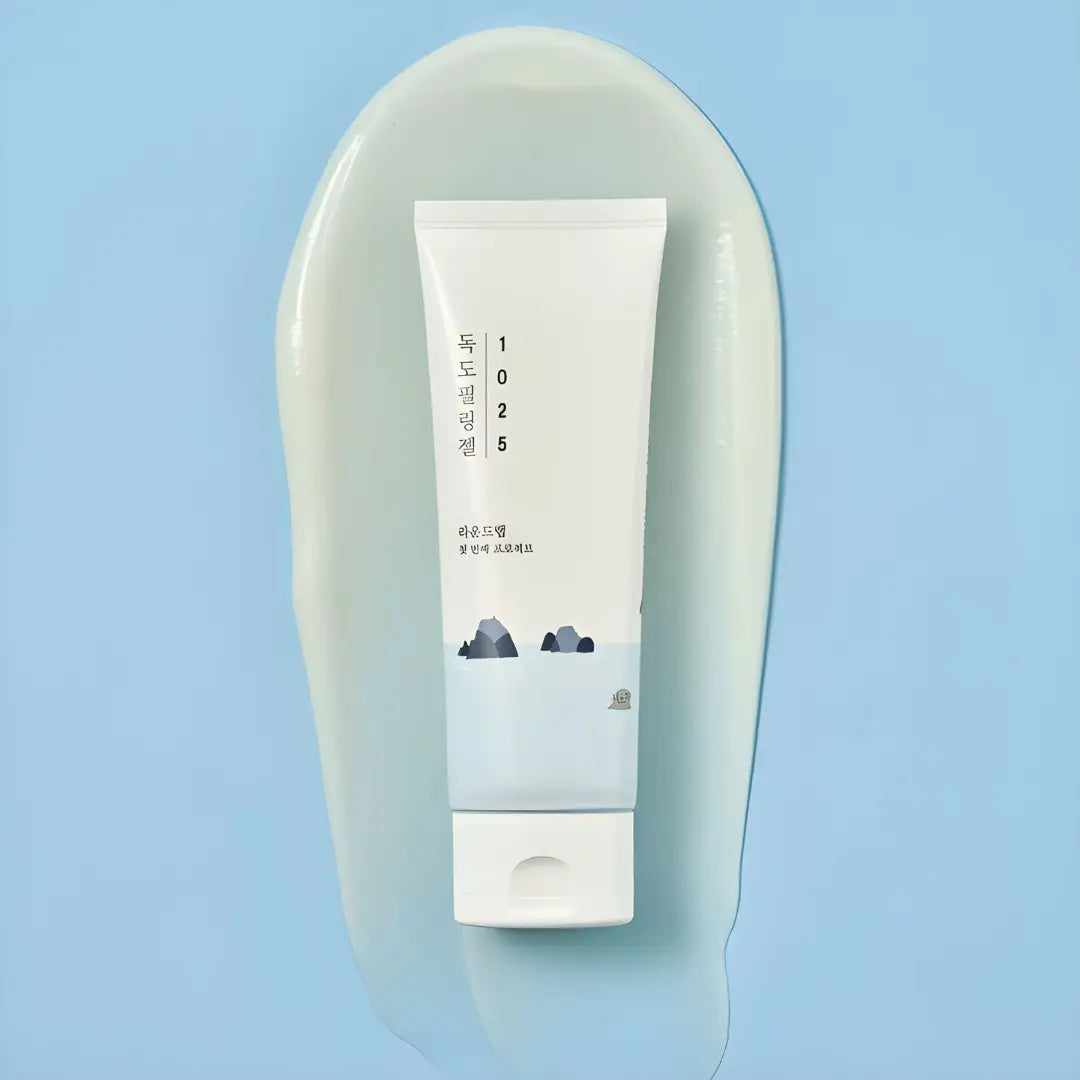Ever wondered if love truly gives you that radiant, rosy-hued glow? It turns out, science backs up the idea that being in love can positively impact your skin, mood, and sleep. So, for the sake of well-rested, healthy skin, maybe it’s time to embrace those love vibes!
When we engage in affectionate activities like hugging, kissing, or intimacy, our bodies release oxytocin, often referred to as the “love hormone.” This neuropeptide not only gives us a romantic high but also has a remarkable influence on skin health. Here’s the nerdy breakdown of how oxytocin helps in skin healing, reducing stress-induced inflammation, and enhancing beauty sleep.
How Does Love Affect Our Skin?
Facilitates Wound Healing Oxytocin is a key player in wound healing. The connection between social bonding and skin health is part of the brain-skin connection. A 2004 study by Ohio State University found that mice with elevated oxytocin levels from social interactions healed wounds faster compared to isolated mice with high cortisol (the stress hormone) levels.
Similarly, a 2010 study in Psychoneuroendocrinology found that couples with higher oxytocin levels healed wounds faster than those with lower levels. So, those deep, meaningful conversations with your partner aren’t just good for your relationship—they’re good for your skin too!
Reduces the Effects of Stress on Skin Stress triggers the production of cortisol, a hormone notorious for its negative effects on skin health. High cortisol levels can lead to blemishes and exacerbate conditions like rosacea, atopic dermatitis, and psoriasis by weakening the immune system and causing inflammation.
Oxytocin comes to the rescue by counteracting cortisol. A 2013 study in Experimental Dermatology found that oxytocin modulates processes impaired in atopic dermatitis, suggesting it plays a crucial role in maintaining skin homeostasis and managing stressed skin conditions.
While love isn’t a cure-all for inflammatory skin conditions, a positive mindset and reduced stress can significantly ease the management of these issues.
Prevents Skin Ageing As we age, our skin naturally develops wrinkles, loses elasticity, and sags. However, oxytocin might help keep our skin youthful for longer. A 2019 study in the British Journal of Dermatology explored oxytocin's impact on intrinsic skin aging—aging caused by internal factors like hormones and genetics rather than external factors like UV damage.
The study revealed that oxytocin suppresses cellular senescence, a type of cell deterioration associated with aging. However, this effect was primarily observed in younger participants, suggesting that oxytocin is more beneficial for protecting young skin against age-related changes.
Improves Sleep Quality Better sleep is another perk of higher oxytocin levels. A 2003 study by the Max Planck Institute of Psychiatry found that oxytocin helped modulate sleep-wake behavior in rats. Under stress-free conditions, rats with elevated oxytocin levels experienced improved sleep.
Getting sufficient, restful sleep is crucial for skin health. During sleep, our skin repairs, hydrates, and protects itself, with increased cell renewal rates helping to slough away dead skin and repair damage from daytime UV exposure and pollution. There’s a reason it’s called beauty sleep!
Embrace the Glow of Love
Love isn’t just good for the heart; it’s great for your skin too. The next time you’re enjoying quality time with your loved one, remember that those warm, fuzzy feelings are also contributing to a healthier, more radiant complexion. So, pucker up, lovebirds, and let the love—and the glow—shine through!
